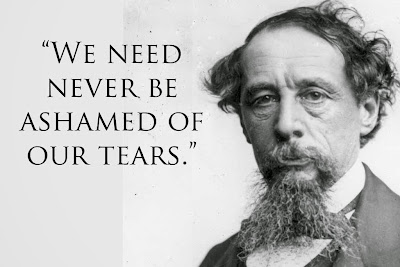Novelist Nichola Griffen's basic contention is that books about women do not win literary prizes. The Fusion piece through which she strives to make her case for that contention includes this Pulitzer Prize chart breaking down, by subject gender, the winners of the last fifteen prizes (although, as it is labeled 2000-2015, there should probably be sixteen winners, not fifteen). Also note that one of the winners is marked as "unsure," meaning that only the last fourteen winners are actually being used in the analysis.
So, as it turns out, eleven of the fourteen Pulitzer-winning books are about men or boys (proving, I agree, Griffen's basic point) but dig a little deeper with me for a second. The same chart shows that only eight of the winning books were written by men and that six of the winners were written by women - almost an equal split. So, I wonder, is Nichola Griffen unhappy because these women wrote books about members of the opposite sex?
I wonder because of the "VIDA count" that is mentioned in the same Fusion article:
So, on the one hand, it is important that women authors are published in equal numbers to their male counterparts. But, on the other hand, Griffen and others argue that it is equally (or more) important that prize winners be written about females as about males. While I do believe that both contentions are solid ones, and I agree with both of them, I see the Pulitzer illustration as one with a mixed message. There is just as much good news in the chart as there is bad news.Since 2010, a group of tenacious women manually count every byline in major book releases, book reviews, and literary journals and tally up the gender disparity. This whole process is called the VIDA count, and every year they release pages and pages of concrete data about where and how women are represented in the literary world.What the VIDA count consistently finds is that stories and reviews written by women are far less than 50% in most reputable literary publications.
I admit that my own reading (about 125 books a year) seems to run in favor of male authors about 2-1, but when it comes to the sex of the main character, I really have no preference at all. Perhaps there is a tendency for male authors to feature more male characters and for female authors to similarly favor their own sex. If so, that somewhat limits the effectiveness of my statement that I don't choose books based upon which gender they feature...
Statistics are funny things, aren't they?












